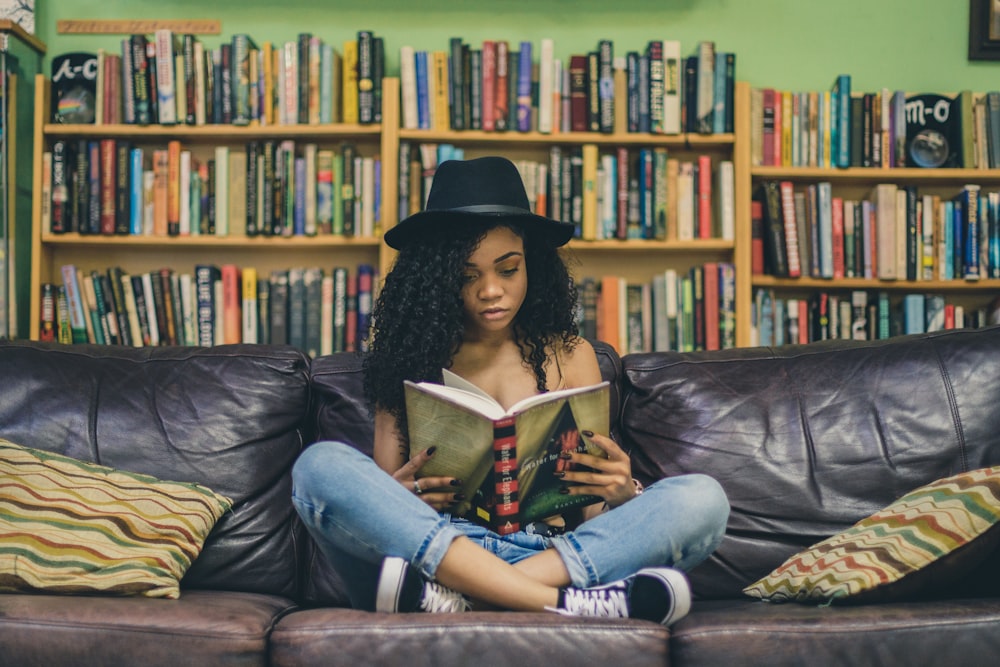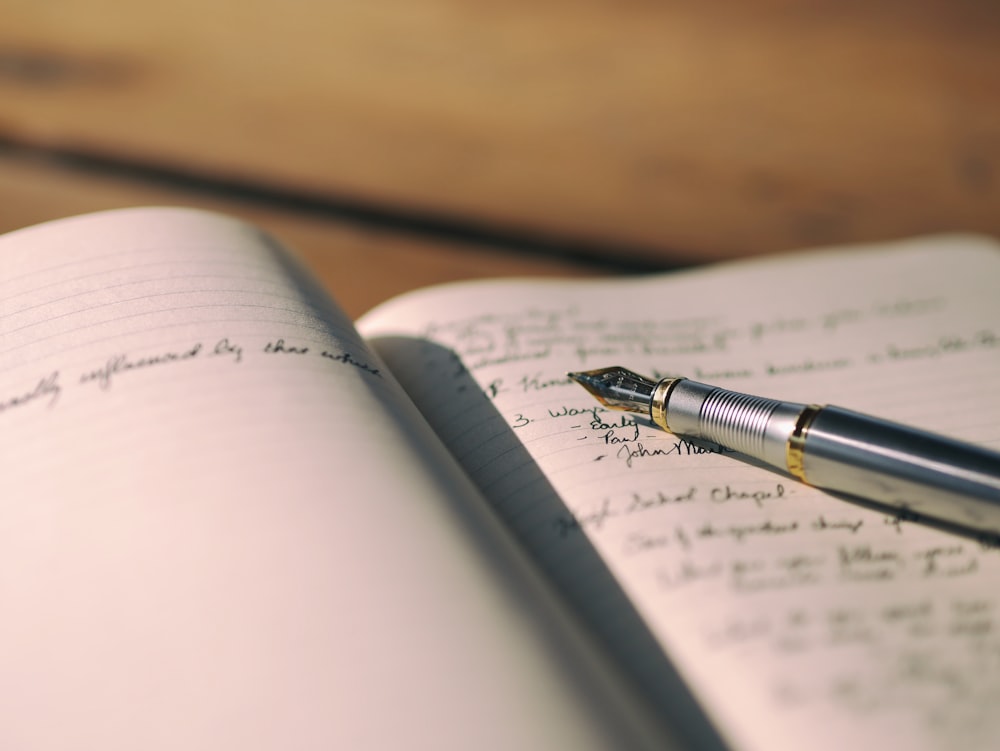- Here are 19 useful tips for your IB Literature examinations - General Tips, Content Summary for Reading and Literary Conventions in Prose!
As part of the IB Diploma Programme, students must take at least one subject from studies in language and literature.
IB offers a broad range of texts, and students are expected to adapt the literature complexity, wealth and subtleties in a variety of contexts.
The subjects consist of three courses:
- Language A: Literature
- Language A: Language and literature
- Literature and performance
The aims of IB literature
Through each course, students are able to develop:
– A personal appreciation of language and literature
– Skills in literary criticism using a range of texts from different periods, styles and genres
– An understanding of the formal, stylistic and aesthetic qualities of texts
– Strong powers of expression, both written and oral
– An appreciation of cultural differences in perspective
– An understanding of how language challenges and sustains ways of thinking.
For all students who are currently preparing themselves for the IB Literature Paper, we at Tutopiya have provided some tips which would be useful to remember when studying for the exam.
First, we have 8 general tips for tackling the IB Literature paper. Then, we have Content Summary tips – reading skills for IB Literature paper 2. Lastly, we have a Content summary – Literary conventions in prose.
8 general tips for studying IB Literature
Thematic comparison
Getting stuck in a comparative exercise and not knowing how to start? The key to every good comparative essay is to identify the common themes that the two authors are trying to portray. Comparing details like character background will yield some points, but only a good thematic comparison can demonstrate your full understanding of the texts.
Similarities and contrasts
It’s crucial to remember that there are two sides to every comparative exercise. It’s good to point out how the texts differ in their approaches, but it’s even better to show that despite their differences, they also possess (sometimes unexpected) similarities.
Always include evidence
Have a point you really want to prove? Good! Now back up your point with evidence from the texts. A well-analysed quote can lend your writing authority and substantiate your argument.
Your reactions matter
As part of the IB syllabus, you will be dealing with a lot of unseen texts. Your initial reactions might tell you exactly what you need to look for when writing your essay. Think about why certain details attract you more than others, and they will lead you to thoughtful responses.
Annotating texts
Train yourself to think about texts in different ways by taking notes as you read. Note down everything that captures your attention – they might make a difference in your next paper!
Aim for depth, not breadth
Within the limited space of your IB paper, you don’t have much room to elaborate on too many details. Focus on 1-3 details that really strike you and analyse them in depth. That way you can spend less time looking for things you want to talk about, and more time actually talking about them.
Adapt to the genre
Each literary genre requires you to look at it from a different perspective. For drama, be attentive toward dramatic monologues and soliloquies. And for poetry, pay more attention to wordplays, rhymes, metres, and syntax. Next, for prose, carefully analyse the role of the narrator and the different ways the narrator speaks for the author.
Plan in advance
Last but not least, every good essay needs a good structure. Spend 3-5 minutes to plan out the outlines of your paper, so that you will know exactly what to say in each and every paragraph. And remember, each paragraph should communicate only one coherent idea.
Content Summary Tips: Reading Skills for IB Literature Paper 2
Research the background: Every work of literature is a product of its cultural, social, or political background and context. Look up the historical details surrounding the text you’re assigned and see whether you can find those details reflected in the literature.
Make predictions
If you choose not to research the background, then another way to improve your literary appreciation is to predict where the text is heading. Pick a random section and close-read it to guess the ideas the text might be ‘interested’ in, and see if your expectation scales well with the message the text actually delivers at the end.
Focus on beginnings or openings
The opening stanza/chapter/dialogue of any literary work has one function: to engage with the reader. It’s supposed to create an impression on the reader of what the text is about. Therefore, read it extra carefully, because it might tell you a lot of things that you need to know about the work.
Explore character traits
Before you start analysing a character, take notes of the most distinctive traits that character has to offer. Is the character a loyal friend, or is she prone to lying? Is he optimistic or pessimistic, romantic or practical? Just as a text is the product of its culture, a character is also the product of her upbringing and surrounding. Exploring character traits can give you deeper insight into how to analyse the text.
Pay attention to character development
Good characters develop throughout the progression of the text. A character develops when he or she experiences changes in his/her attitude, personality, or philosophy through interaction with other characters and/or external situations. Pay close attention to these changes, because they might underlie the overall message of the text.
Be mindful of literary devices
In order to fully understand texts and characters, you must first understand how they are portrayed. Everything you read was created consciously by an author who knows exactly what devices she needs to convey a particular idea. Be it a dramatic monologue in plays, some clever word plays in poetry, or a foreshadowed detail in a novel, literary devices add layers to the text you examine.
Take notes of things ‘outside’ of the text
When analysing plays, details seemingly of little relevance to the text (such as stage direction) can bear great weight. It’s important to remember that dramatic products involve more than just the barebone text – sometimes actions and settings, given to you through the stage direction, can shed new insights into how you can analyse a play.
IB Literature Content Summary: Literary Conventions in Prose (1)
Foreshadowing
A literary device through which the author gives a hint of the events happening later in the story. Think of it as the author’s way of ‘casting a shadow’ onto subsequent events in the story, and it helps the reader develop expectations about the text. A very powerful device, but nevertheless not very easy to spot, since oftentimes you can only pinpoint foreshadowing in your second read-through.
Flashback
If foreshadowing looks into the future of the story, a flashback is a way of introducing a past event that cuts into the main narrative. The purpose of a flashback is often to fill in a crucial backstory, to explain a problem in the plot, or to help the reader compare the difference between the past and the present.
Bildungsroman
This German technical term has a far more familiar counterpart in English, a ‘coming-of-age story. It’s a type of novel that deals specifically with the formative years of a character as he or she undergoes critical changes, oftentimes spiritual or philosophical, and achieve transformation at the end.
Exposition
The insertion of background information to the main narrative in order to add more layers onto the story’s setting, characters’ history, or prior plot events. While exposition may not advance the plot per se, it is a technique of worldbuilding that helps the reader become more aware of the logic that governs the world in that particular text.
Autobiography
A genre in which the author tells his or her own story. In other words, an autobiographer takes on two distinct roles simultaneously: the author of the book and the narrator/protagonist of that book. As a result, every event in the story can be analysed under two perspectives: that of the experienced author who now understands the significance of the event, and that of the character who has no idea what he or she might undergo.
Metafiction
Metafiction occurs when the text reminds the reader that he or she is viewing a fictional work; in other words, metafiction as a form of literature doesn’t pretend to be real life. Even though it’s often associated with postmodern literature, metafiction moments are plenty in other forms of literature, such as in Shakespeare’s As You Like It, when the Fool proclaims “All the world’s a stage.”
Climax
Considered by many to be the most important element in a story, the climax is the point of highest tension and drama in a narrative work. It’s the crystallization of all the minor conflicts that previously happened in a story and is followed by the resolution, during which the story often delivers its message.
Tutopiya offers IB Literature 1-1 online tuition for students, sign up with us to get a free trial with us today!

Nuha Ghouse
Nuha Gouse is the Co-founder of Tutopiya and is equipped with a first class honours Math degree from Imperial College, London. Her mission is to provide personalized individual lessons online where students from around the world can learn at their own pace and convenience.







